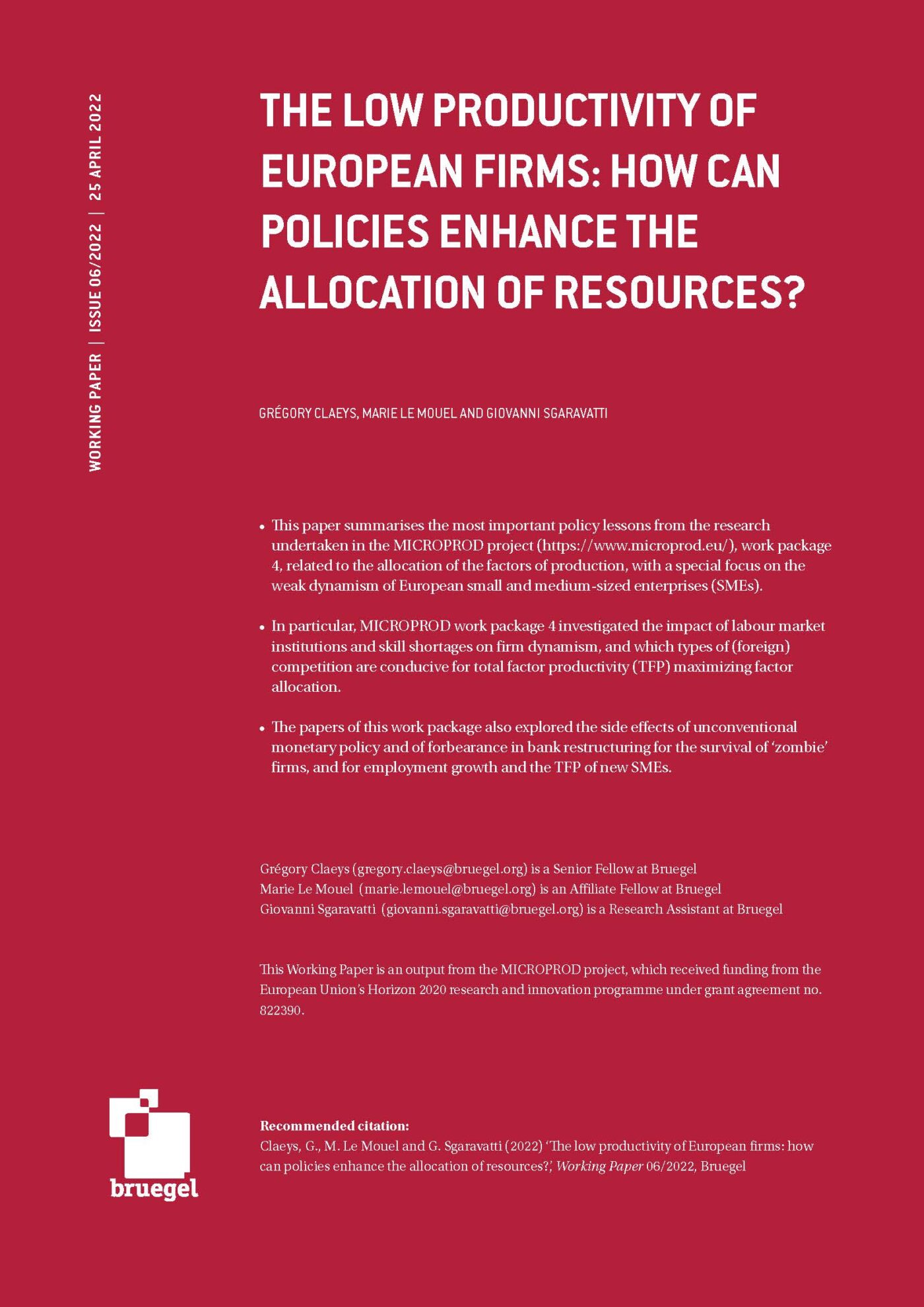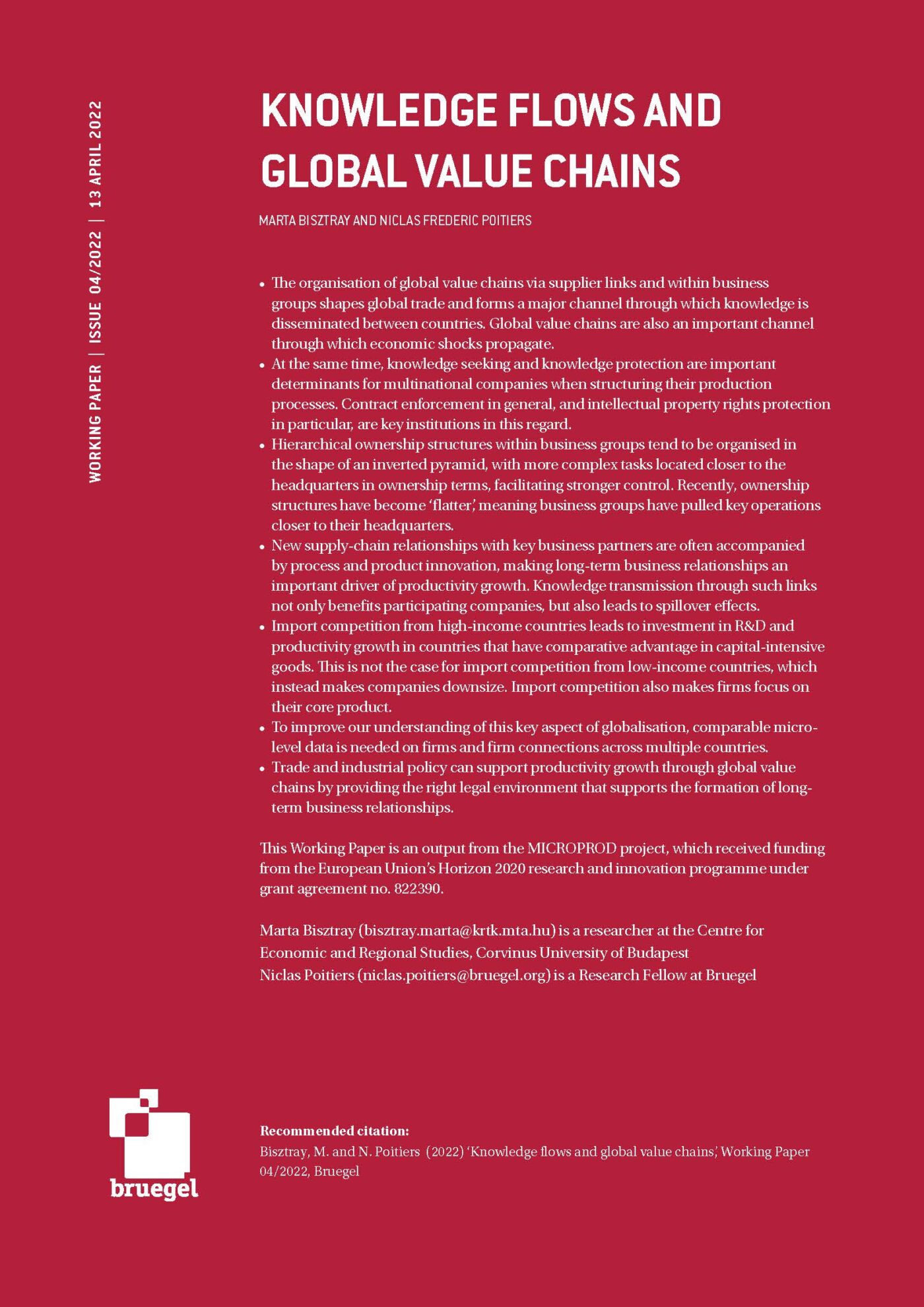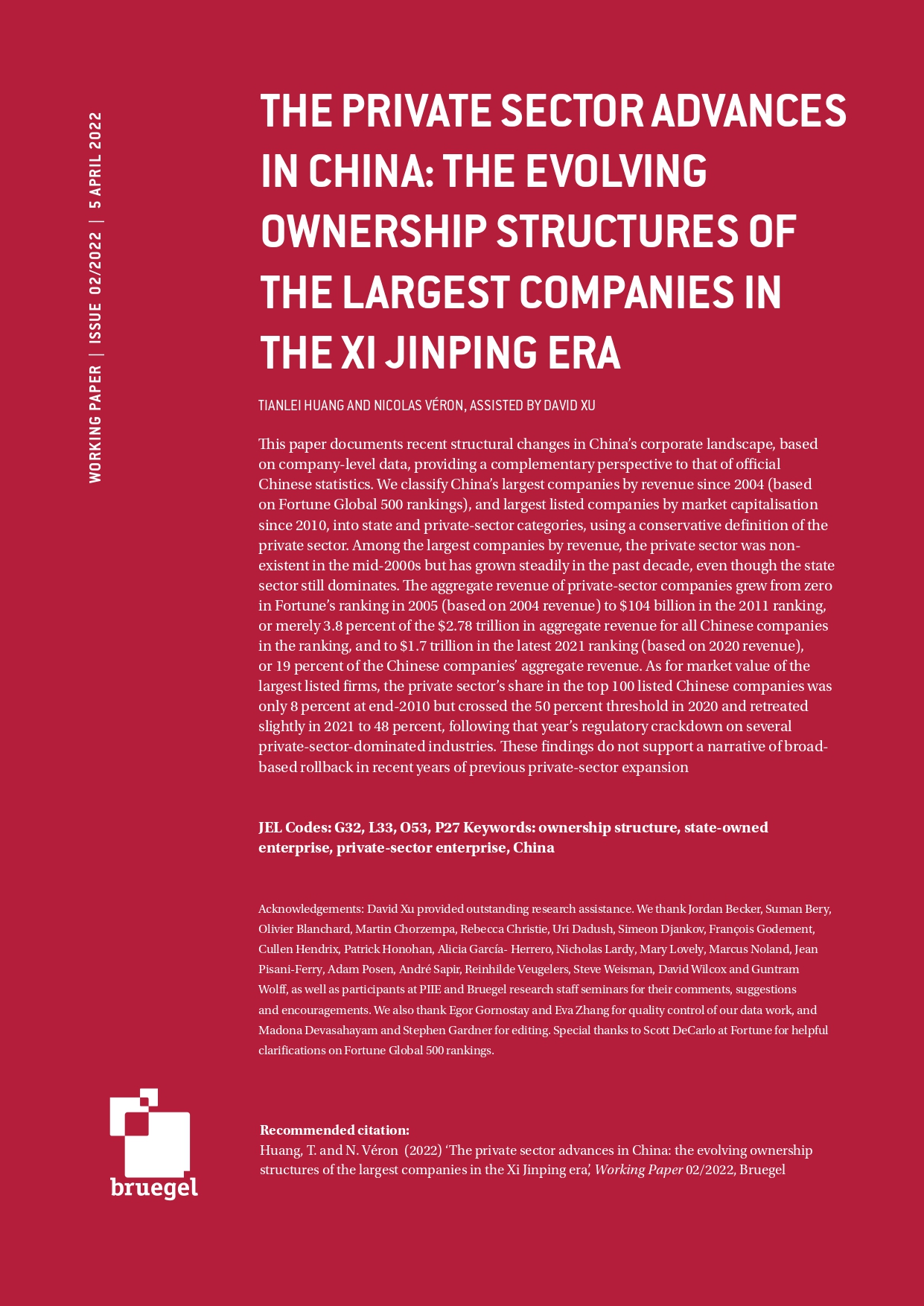Blog Post
How much investment do we need to reach net zero?
The size and scope of investments needed to reach net zero will have significant macroeconomic implications.
To become climate neutral by mid-century, the European Union and other major economies must substantially reduce their greenhouse gas (GHG) emissions during this decade. The EU aims to reduce its emissions by 55 percent by 2030 compared to 1990 levels with a wide range of policies recently proposed in the ‘Fit for 55’ package. Meanwhile, the United States (US) aims to reduce its emissions by 50-52 percent by 2030 compared to 2005 levels, and China wants its CO2 emissions to peak before 2030. To achieve this, serious investments will be needed.
Below, we review the multiple estimates of the investment required to reach climate goals and discuss the macroeconomic relevance of investment on top of what will already be spent to replace existing infrastructure.
Global energy investment trends
Global energy investments currently stand at around $2 trillion per year or 2.5 percent of global GDP, according to the International Energy Agency (IEA). In an illustrative pathway they recently developed, this will have to rise to $5 trillion or 4.5 percent of GDP by 2030 and stay there until at least 2050 to reach net zero CO2 emissions by 2050 (Figure 1). Much of this will be spent on electricity generation and infrastructure to electrify new economic sectors and to make the electricity system more suitable for much higher volumes and variability of renewable energy.
Other net zero pathways point to similar orders of magnitude (Figure 2). The International Renewable Energy Agency (IRENA) frontloads the necessary investments to the current decade, resulting in investments of $5.7 trillion per year until 2030, though less thereafter. Bloomberg New Energy Finance (BNEF) estimates average investment requirements to be between $3.1 trillion and $5.8 trillion per year until 2050.
In the EU, the European Commission estimates that reaching the 2030 climate target will require additional annual investments of €360 billion on average, starting now. This will raise relevant investments from an average of €683 billion per year in the last decade to around €1,040 billion per year. Roughly a third of the additional investment is in transport, by far the largest component because of large vehicle replacement needs. Apart from transport, the emphasis seems to lie more on doubling investment in residential heating, but smaller components like power grids and plants still have to increase by a factor of two (Figure 3).
According to all these estimates, reaching climate neutrality by mid-century will require additional investments in energy and transport systems amounting to roughly 2 percentage points of GDP than current levels.
The size and scope of the required investments means that their macroeconomic implications will be significant. We will analyse these implications in a series of forthcoming publications, based on a new Bruegel research project into the macroeconomics of decarbonisation.
Recommended citation:
Lenaerts, K., S. Tagliapietra and G.B. Wolff (2021) ‘How much investment do we need to reach net zero?’, Bruegel Blog, 25 August
Republishing and referencing
Bruegel considers itself a public good and takes no institutional standpoint. Anyone is free to republish and/or quote this post without prior consent. Please provide a full reference, clearly stating Bruegel and the relevant author as the source, and include a prominent hyperlink to the original post.











